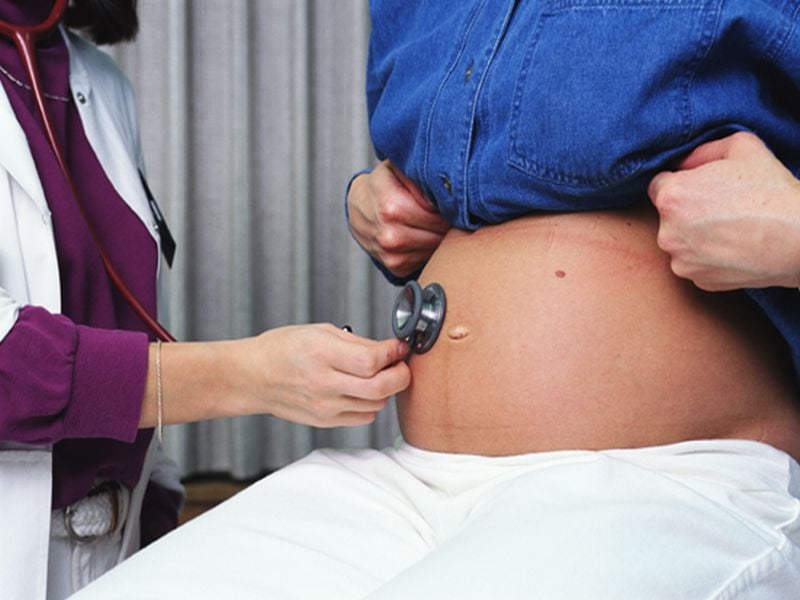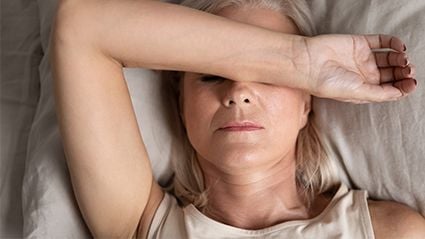
Nearly 100,000 U.S. children lost a parent in 2020 to gun violence or drug overdose, a three-fold rise since 1999, according to a new study. Overall, these two causes made up nearly a quarter (23%) of parental losses in 2020, almost double the level cited in 1999, according to a team who reported its findings… read on > read on >






























